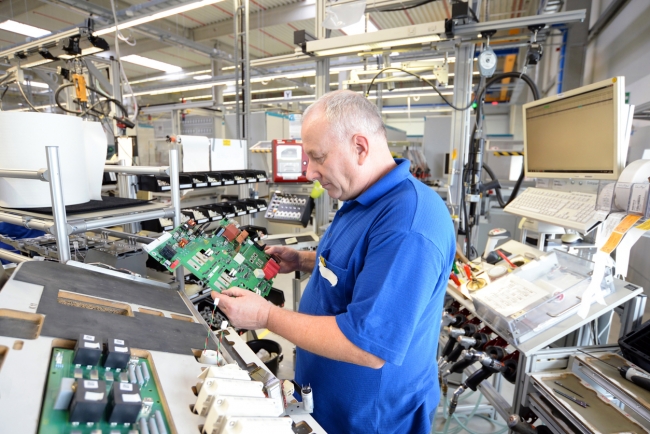3 minute read • published in partnership with BDO
Insight: R&D tax reform – what this means to UK manufacturers
HM Treasury has recently published a report on future reform to R&D tax relief.
Ece Akser from BDO explores what this will mean to UK manufacturers.
Following the announcement of R&D tax relief reforms in the Autumn Budget 2021, we now have some more detail on what changes are due to come into effect from 1 April 2023. The HM Treasury report identifies three key areas of reform: data & cloud computing, overseas costs and abuse & compliance. Whilst the finer details of the proposed changes are still to be ironed out, it’s important to consider how the manufacturing sector might be impacted in respect to submitting R&D claims.
Data and cloud computing
The good news is from 1 April 2023 additional qualifying cost categories will be expanded to include licence payments for datasets and cloud computing costs that can be attributed to R&D activities.
It would be easy to think that this would not be hugely relevant to the manufacturing sector.
However, manufacturers are increasingly turning to machine learning and AI to inform maintenance, performance, inventory and demand, worker behaviour, quality and sustainability.
With increasing investment in this area for manufacturers and with the shift to on-demand availability of computer system resources, especially data storage and computing power, this is welcome news as costs of data and cloud computing will now be eligible.

An HM Treasury report has highlighted three areas of reform that might impact R&D claims submitted by UK manufacturers / Picture: Getty/iStock
Overseas costs
The not so good news is that – similar to R&D regimes in other jurisdictions – HM Treasury’s intent is to refocus the UK’s regime on domestic expenditure. Consequently, from 1 April 2023, overseas subcontractor and externally provided workers’ costs will be excluded from any relief.
So, for manufacturers that have historically claimed outsourced R&D activities from outside the UK (such as trials to contract manufacturers or externally provided workers from staff providers/agencies), they will no longer be able claim these.
Now is the time for manufacturers to consider whether it will be possible to make R&D claims in overseas territories.
Abuse and compliance
It’s clear that there will be an increased focus on making sure companies are not abusing the system. To quote from the recent HM Treasury R&D Tax Reliefs Report, “…the government needs to address the root of the problem, designing out abuse and boundary pushing…”
Additionally, there are a number of compliance changes being proposed, including:
• R&D claims will have to be made digitally
• It will become mandatory to include more specific details in claims
• R&D claim will need to be endorsed by a named senior officer of the claimant company
• Companies will need to inform HMRC, in advance, that they plan to make a claim
• R&D claims will need to include details of any agent who has advised the company on compiling the claim.
These proposed changes are all in direct response to the fact that HM Treasury has “…seen a recent emergence of R&D advisers, who are typically not members of professional bodies…” and “…take advantage of customers who are unfamiliar with claiming for R&D, often charging on a commission basis, and submit numerous dubious claims.”
HMRC has only recently allocated additional resource to the R&D tax relief compliance process. However, the intention in the next stage of this strategy is to further increase this resource, with the creation of a new cross-cutting team focused on abuse of the relief. This doesn’t just impact manufacturers but all companies that submit R&D claims.
Additionally, in reviewing supporting documentation submitted with an R&D claim, HMRC will be seeking to clearly understand how and why the activities included in the claim fit the BEIS criteria and that the company has clearly identified, and articulated, the boundaries.
BDO’s national R&D group has a team of over 70 individuals comprising scientists, software developers, engineers, finance, and tax specialists, many with first-hand experience in manufacturing, product development and chemistry, covering process design and development, fine chemicals, food and drinks, pharmaceuticals, and software/application development to mention a few.
To find out more and for help and advice on R&D relief claims, and how these proposed changes will potentially impact your claims, you can contact Ece Akser here.
